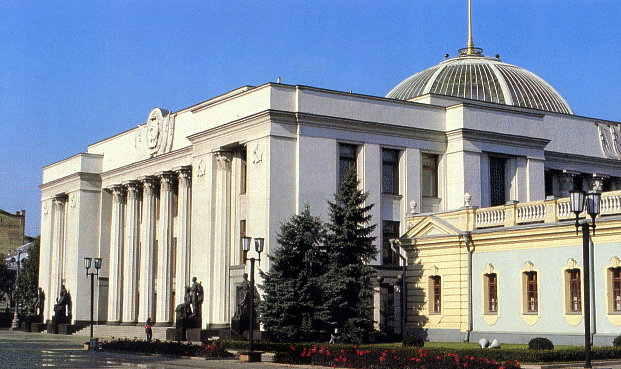The Verkhovna Rada adopted in the first reading the draft law on the abolition of the Commercial Code
The explanatory memorandum states that the provisions of the Code mostly do not have a regulatory effect, are declarative in their content, and contradict other normative legal acts and general principles of civil legislation

What happened? The Verkhovna Rada of Ukraine adopted in the first reading the draft law №6013 "On peculiarities of regulation of entrepreneurial activity of certain types of legal entities and their associations in the transition period", which abolishes the Commercial Code.
Source. Yaroslav Zhelezniak, MP of the Verkhovna Rada.
Details. "Law number 6013 – the introduction of a transition period of 7 years for the gradual termination of "enterprises" and their transformation into economic partnerships (abolition of the Commercial Code in fact). 241 MPs voted for the adoption," he wrote.
UPDATED:
The draft law provides for the introduction of appropriate amendments and additions to the Civil Code of Ukraine, the recognition of the Commercial Code of Ukraine as invalid.
In particular, it provides for:
- introduction of a transition period of 7 years for the gradual termination of "enterprises" and their transformation into economic partnerships in compliance with the principle of "proportionate and predictable interference with the rights of the founders of such legal entities without imposing an excessive burden on them to comply with the provisions of the Law";
- implementation of corporate governance practices in the legislation, in particular in terms of defining the duties of officials of legal entities.
The explanatory memorandum states that the document replaces "quasi-property rights 'the right of economic management' and 'the right of operational management'" with "clear and predictable private law structures of use (lease) and management of other people's property". In addition, the authors note, the project is designed to implement in civil legislation "effective and market mechanisms of control over the ownership and management of state and communal property by newly formed companies and institutions".
In addition, the authors clarify, the draft law provides for:
- supplementing the Civil Code with provisions indicating the possibility of the existence of legal entities in the organisational and legal form of "association of legal entities" (it is proposed to supplement part one of Article 83 and Article 84 of the Civil Code);
- supplementing the CCU with articles aimed at improving corporate governance, in particular, Article 96-1, which contains the definition of corporate rights, establishes the moment of corporate rights emergence, as well as the possibility of restrictions in the legislation for certain persons regarding the possession of corporate rights or their exercise; Article 99-1, which defines the charter and duties of company officials;
- exclusion from the CCU of such legal entities of public law as state enterprises, municipal enterprises, and joint municipal enterprises;
- supplementing the CCU with provisions that establish the peculiarities of transferring property to a legal entity for management by its founder;
- a number of other amendments and clarifications.
If you have read this article to the end, we hope that means it was useful for you.
We work to ensure that our journalistic and analytical work is of high quality, and we strive to perform it as competently as possible. This also requires financial independence. Support us for only UAH 196 per month.
Become a Mind subscriber for just USD 5 per month and support the development of independent business journalism!
You can unsubscribe at any time in your LIQPAY account or by sending us an email: [email protected]



